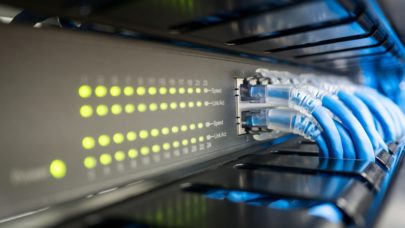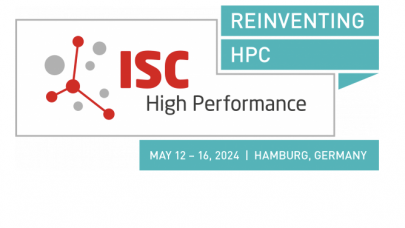PITTSBURGH, April 19, 2021 — AMD and Ansys are collaborating to help engineering organizations across every industry spur new product design by substantially improving modeling run times. Data centers powered by 3rd Gen AMD EPYC processors are enabling engineers to produce superior designs with unprecedented speed — delivering high quality products to rapidly address new market opportunities.
Engineers face increasing pressure to complete design cycle times sooner. However, a large portion of engineering simulations require overnight runs. The rising complexity of these simulation workloads increases the need for high-performance computing (HPC) resources, which increasingly rely on more performant parallel processing and processor architecture capabilities. Through internal testing, AMD demonstrated that its new EPYC 75F3 processors could reduce specific Ansys simulation runtimes by up to a factor of two.

From improving the energy efficiency of gas turbines with Ansys’s computational fluid dynamics software to enhancing automotive safety with Ansys’s explicit dynamics software, AMD EPYC processors empower engineering teams to execute extreme scaling of computationally demanding applications and rapidly design leading-edge products. It is expected that Ansys simulations will soon run even faster with the upcoming U.S. Department of Energy’s exascale supercomputers, which will be built by Hewlett Packard Enterprise (HPE) and used by Frontier at Oak Ridge National Laboratory and El Capitan at Lawrence Livermore National Laboratory, integrating AMD EPYC processors to produce high-fidelity models. This will supply engineers with insights into how products like autonomous vehicles, aircraft and medical devices will virtually behave across millions of real-world operational scenarios.
“3rd Gen AMD EPYC processors provide leadership performance for HPC workloads and we’re incredibly excited to collaborate with HPE and Ansys to enable the HPC industry to run a fantastic combination of HPC, server infrastructure and simulation software to push the design envelope further than before,” said Forrest Norrod, senior vice president and general manager, Data Center and Embedded Solutions Business Group at AMD. “Working together, AMD and its technology partners are helping to drive HPC to new heights that will help tackle problems that have previously been beyond humanity’s reach.”
Modeling at exascale will empower engineers to analyze considerably more data in less time and solve extremely sophisticated design challenges.
“HPC and AI workloads are becoming more compute and data-intensive, requiring higher performance and specialized capabilities,” said Bill Mannel, vice president and general manager of HPC at HPE. “By combining Ansys’ software capabilities to target simulation goals with AMD’s powerful generation of EPYC processors, HPE is further optimizing systems to support business and research missions to improve accuracy in simulations and advance designs and models.”
AMD EPYC processors’ technological advancements enable engineering organizations of all sizes to solve demanding simulation workloads.
“AMD EPYC 7003 Series processors are helping Ansys customers provide improved time to value, enabling the quick creation of state-of-the-art designs that deliver fast answers and drive better decisions,” said Shane Emswiler, senior vice president at Ansys. “We look forward to future collaborations with AMD, which will explore how Ansys’s comprehensive suite of simulation solutions can be accelerated using new AMD EPYC processor technologies. This will empower engineering teams to accelerate innovation throughout their enterprise to build next-generation products and win the race to market.”
About Ansys
If you’ve ever seen a rocket launch, flown on an airplane, driven a car, used a computer, touched a mobile device, crossed a bridge or put on wearable technology, chances are you’ve used a product where Ansys software played a critical role in its creation. Ansys is the global leader in engineering simulation. Through our strategy of Pervasive Engineering Simulation, we help the world’s most innovative companies deliver radically better products to their customers. By offering some of the best and broadest portfolio of engineering simulation software, we help them solve the most complex design challenges and create products limited only by imagination. Founded in 1970, Ansys is headquartered south of Pittsburgh, Pennsylvania, U.S.A. Visit www.ansys.com for more information.
Source: Ansys


























































